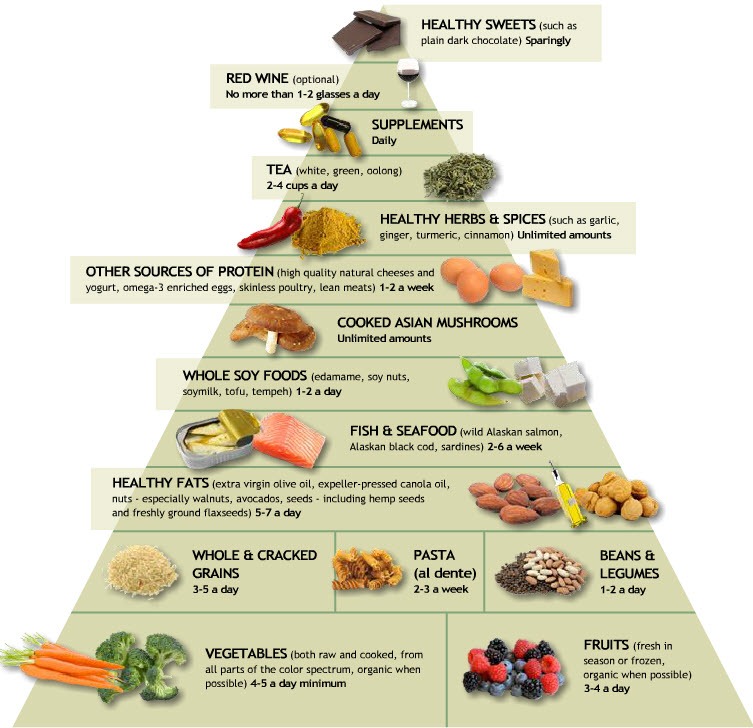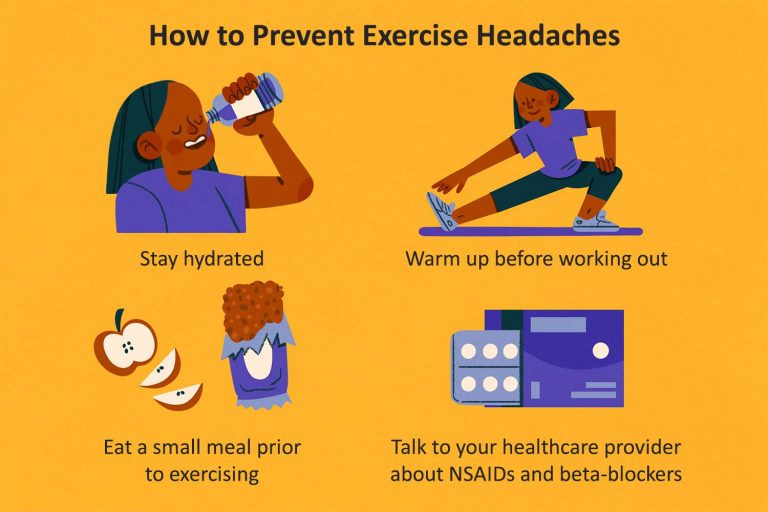What is the Purpose of Marathon
The purpose of a marathon is to test physical endurance and mental resilience through long-distance running. It provides a platform for individuals to challenge themselves and achieve personal goals.
Marathons also promote fitness, community engagement, and charity support. Participants often train for months to prepare for the event, building both physical strength and mental toughness. The sense of accomplishment and satisfaction that comes from completing a marathon is unmatched.
In addition to the physical benefits, marathons foster a sense of camaraderie among participants and create a supportive environment for achieving fitness goals. Overall, marathons serve as a celebration of human potential and perseverance.
The Origin Of Marathons
Marathons have a rich history dating back to ancient Greece, where they were initially used as a test of endurance and speed. The purpose of marathon races today remains the same, serving as a challenge to push personal limits and inspire physical fitness and mental strength.
Marathons are one of the oldest running events known to mankind, with a rich history rooted in ancient Greece. This enduring tradition has evolved over time to become the endurance tests we see today, where participants challenge themselves to complete a grueling 26.2-mile course. Understanding the origin of marathons provides valuable insight into the purpose behind these intense events.
The Ancient Greek Tradition
Ancient Greece is renowned for its contributions to art, philosophy, and sports. The roots of marathon events can be traced back to the Battle of Marathon in 490 BCE, during the Greco-Persian Wars. A messenger named Pheidippides is said to have run from the battlefield of Marathon to Athens, approximately 26 miles away, to deliver the news of victory. This heroic act is believed to be the inspiration behind the modern-day marathon race.
This story has become a legendary tale, resonating with the spirit of determination and endurance. The ancient Greeks revered the human body and viewed physical fitness as a form of art. They celebrated the strength, stamina, and mental fortitude required to conquer long distances, hence the establishment of marathon races as a testament to human capabilities.
Evolution To Modern Marathon Events
Over the centuries, marathons have evolved from a symbolic act of bravery into organized sporting events. It was not until the 1896 Summer Olympics, held in Athens, that the first modern marathon race took place. The course followed the route from the ancient Battle of Marathon to the Panathenaic Stadium in Athens, marking a historic moment in the revival of the marathon tradition.
Since then, marathon events have gained immense popularity worldwide, attracting thousands of participants and spectators. They have become a platform for individuals to challenge their physical limits, inspire others, and raise awareness for charitable causes. The thrill of crossing the finish line after enduring hours of physical exertion and mental resilience has made marathons a symbol of personal achievement and triumph.
Today, the purpose of marathons extends beyond athleticism. These events promote a healthy lifestyle, camaraderie, and community spirit. They bring people from all walks of life together, fostering a sense of unity and shared purpose. Whether you are a seasoned runner or a novice, the marathon experience offers a chance to test your endurance, surpass your own expectations, and celebrate the human spirit.
Health Benefits Of Marathon Running
Marathon running improves cardiovascular fitness, strengthens muscles, and boosts overall endurance.
- Enhances lung capacity
- Helps in weight management
- Strengthens bones and joints
Running marathons not only benefits the body but also promotes mental well-being.
- Reduces stress levels
- Boosts mood and alleviates symptoms of anxiety
- Improves focus and concentration
Impact On Community And Charity
Marathons serve a crucial purpose in impacting communities and supporting charities by bringing people together to raise funds and awareness for various causes, fostering a sense of unity and promoting active participation in social causes.
Bringing People Together
Marathons unite people from all walks of life. They foster a sense of camaraderie and belonging.Raising Funds For Charitable Causes
Marathons serve as platforms to raise money for various charitable organizations. They make a positive impact on society.
Credit: slideplayer.com
Training And Preparation For Marathons
Marathons are not just races but rather a test of endurance and mental strength. Completing a marathon requires months of dedicated training and meticulous preparation. In this article, we will explore the key aspects of training and preparation for marathons.
Physical Training
Physical training plays a crucial role in preparing for a marathon. It involves gradually increasing the mileage and intensity of your runs to improve stamina and build endurance. Here are some key considerations for physical training:
- Consistency is key: Regular training is necessary to condition your body for the challenges of a marathon. Stick to a training schedule and aim for at least three to four runs per week.
- Gradual progression: Start with shorter distances and gradually increase the mileage over time. This allows your body to adapt and prevents the risk of injury.
- Cross-training: Incorporate other forms of exercise such as swimming, cycling, or strength training to improve overall fitness and minimize the risk of overuse injuries.
- Include speed work: Integrate speed intervals and tempo runs into your training to enhance your running pace and build cardiovascular strength.
- Rest and recovery: Rest days are just as important as training days. Give your body time to recover and repair to avoid burnout and reduce the risk of injury.
Mental Preparation
While physical training is essential, mental preparation is equally crucial for successfully completing a marathon. Here are some strategies to enhance your mental fortitude:
- Set realistic goals: Establish achievable goals for your marathon, whether it’s completing the distance or aiming for a specific finishing time. This helps to keep you focused and motivated throughout your training.
- Visualize success: Visualize yourself crossing the finish line confidently and feeling proud of your accomplishment. This positive visualization can help boost confidence and mental resilience during the race.
- Practice positive self-talk: Replace any negative thoughts or doubts with positive affirmations. Remind yourself of your training, dedication, and ability to overcome obstacles.
- Develop a race strategy: Plan your pacing, fueling, and hydration strategies in advance. Having a well-thought-out race plan can help reduce anxiety and keep you focused during the marathon.
- Stay present: Instead of thinking about the entire distance, break the race down into smaller segments or focus on the present moment. This prevents overwhelming feelings and helps maintain a steady pace.
Training and preparing for a marathon requires physical and mental commitment. By following a structured training plan and implementing mental preparation strategies, you can increase your chances of not only crossing the finish line but also experiencing a rewarding and fulfilling marathon journey.
Challenges And Rewards Of Marathon Participation
Participating in a marathon is not just a physical test; it also provides numerous challenges and rewards. The journey of marathon participation brings about a wide array of experiences, from physical exertion to personal fulfillment. Let’s dive into the physical challenges and personal fulfillment that come with marathon participation.
Physical Challenges
Marathon running presents a myriad of physical challenges, such as endurance, stamina building, and muscle fatigue. The demanding task of covering such a long distance can push the body to its limits, testing the participant’s physical strength and determination through various terrains and weather conditions.
Personal Fulfillment
Engaging in a marathon not only offers physical challenges but also brings immense personal fulfillment. Completing a marathon instills a sense of achievement and pride, boosting one’s confidence and mental resilience. Crossing the finish line after enduring the physical demands of the race creates a profound feeling of success and accomplishment, leaving a lasting impact on a participant’s sense of self-worth and determination.

Credit: www.ablogtowatch.com

Credit: www.amazon.com
Frequently Asked Questions On What Is The Purpose Of Marathon
What Is Marathon And Its Benefits?
A marathon is a long-distance running event, typically 26. 2 miles, known for improving cardiovascular health, stamina, and mental well-being.
What Is Significant About Marathon?
Marathons are significant for promoting health, fitness, and community engagement. They challenge individuals both mentally and physically.
What Did Marathon Used To Mean?
Marathon used to mean a long-distance race of about 26. 2 miles, inspired by the ancient Greek messenger Pheidippides’ run from Marathon to Athens.
Conclusion
The purpose of the marathon extends beyond mere physical endurance, as it symbolizes determination, resilience, and the human spirit. Through its historical roots and the countless stories of triumph, marathon inspires individuals to push themselves, conquer personal goals, and achieve greatness.
It embodies the celebration of human potential, fostering a sense of community and unity among participants and spectators alike. So lace up your shoes and embrace the journey, for the purpose of the marathon goes beyond crossing the finish line; it lies within the personal growth and empowerment it ignites.







